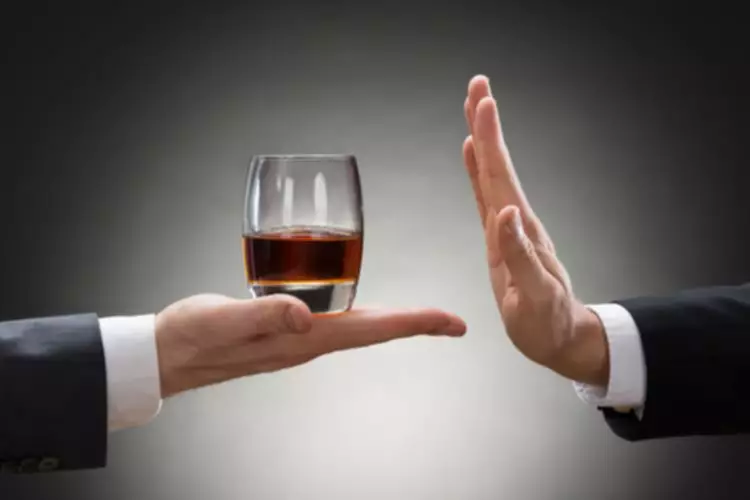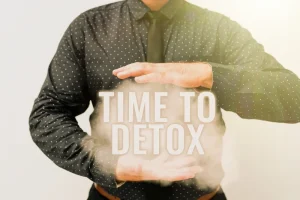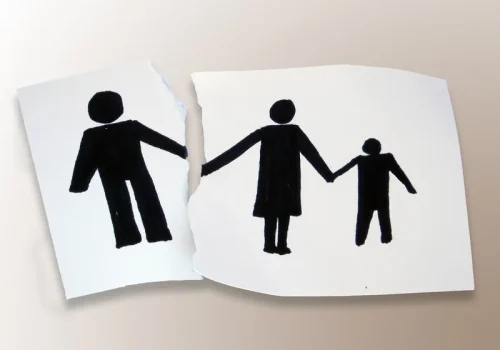
If you experience hot flushes or other discomfort after drinking alcohol, it may be a sign that your nervous system or your body in general is affected. Such uncomfortable symptoms might indicate alcohol intolerance or perhaps abuse. It would be advisable to review your intake and even avoid alcohol altogether. Hot flashes after eating, drinking, or simply due to menopause can be at the least annoying and at most, terribly uncomfortable. Some people experience severe hot flashes that lead to headaches and dizziness.
- Daily drinking can have serious consequences for a person’s health, both in the short- and long-term.
- It’s important to note that not everyone experiences hot flashes in the same way.
- However, if you find yourself drinking often enough that sweating from alcohol is a common issue, it may be worth cutting back on how much you consume.
- Night sweating may also indicate certain types of cancers, which a person can discuss with their oncologist.
Symptoms of idiopathic postprandial syndrome

Alcohol masks unhappy emotions, so those feelings may come back when you quit drinking, making it harder to stick to your goal. If you try to abstain, but then obsess over alcohol or switch to another drug or behavior, that’s a red flag. Your brain adapts to alcohol over time and can become less sensitive to its effects.
- Watermelons, cucumbers, and oranges are good choices as they contain a lot of water and can help a person stay hydrated.
- However, some people notice an improvement in symptoms a few months after discontinuing alcohol intake.
- But after a few drinks, your heart starts pumping faster, and the blood vessels can’t expand enough to accommodate all the blood.
- Body temperature also increases in response to germs such as viruses and bacteria.
Here’s What Alcohol Does to the Gut
- Hot flashes after drinking can be due to alcohol’s effect on blood vessels and body temperature regulation.
- This combined with much more heat being produced by your liver really makes you heat up in the night.
- In extreme cases, some people have actually died from hypothermia after spending too much time in cold weather while drunk.
And the more you drink the night before, the more severe your hangover symptoms might feel the morning after. The medical community has recognized that addiction is a disease and some people are predisposed to it. As a result, it is usually necessary to get medical help to manage alcohol use disorder. While not specifically approved for the treatment of alcoholic neuropathy, antidepressant medications are often prescribed to help control the pain. Anti-seizure medications are sometimes prescribed as a way to manage pain. Constant pain in the hands or feet is one of the most bothersome aspects of alcoholic neuropathy.
Signs and Symptoms of Alcoholic Neuropathy
Duration of symptoms can vary depending on the amount of alcohol a person has consumed, the rate at which their body processes alcohol, and their overall health. Other factors, such as menopause or medication use, commonly cause hot https://ecosoberhouse.com/article/how-marriage-changes-after-sobriety/ flashes and night sweats. People may not realize that because of this, they are at risk of hypothermia in cold weather. During hot weather, they may begin to experience nausea and dizziness with dehydration in addition to sweating.


Alcohol itself already causes dehydration, which is a major contributing factor to the symptoms listed above. Those who believe they have AUD or alcohol intolerance may wish to speak with their doctor. Night sweating may also indicate certain types of cancers, which a person can discuss with their oncologist. There’s no question that younger people can feel stigmatized when they’re the only ones who can’t drink at social gatherings, Pabla says. The burgeoning market in non-alcoholic beverages may help with that, Pabla points out.
Some liquors and spirits are even consumed during the winter and in cold places to warm people up. However, the heat produced by alcohol can become highly uncomfortable if drinking gets out of hand, and if you’ve ever wondered, “why do I feel hot after drinking alcohol,” you should keep reading. For some people, consuming an excessive amount of alcohol can cause unpleasant side effects such as sweating after drinking. Certain foods and drinks or eating a large meal can also bring hot flashes. For instance, hot flashes after eating spicy food are not unusual. The heat sensation normally occurs in healthy adults only if their blood sugar level drops below 60mg/dl.
Why Does Alcohol Make You Hot?
If you are having difficulty avoiding alcohol, there are resources that can help you quit. In addition, a support group can help you cope with the life changes you’re why do i feel hot after drinking experiencing as a result of your condition. You might look for a support group specifically for alcoholic neuropathy or for people coping with chronic pain.

However, individual factors, such as your health status, personal preferences, and how alcohol affects you, should also be considered. The warm and toasty feeling after drinking alcohol can be accompanied with sweating. This is another mechanism of thermoregulation that under regular circumstances is used by the body to lower its temperature through evaporation.




